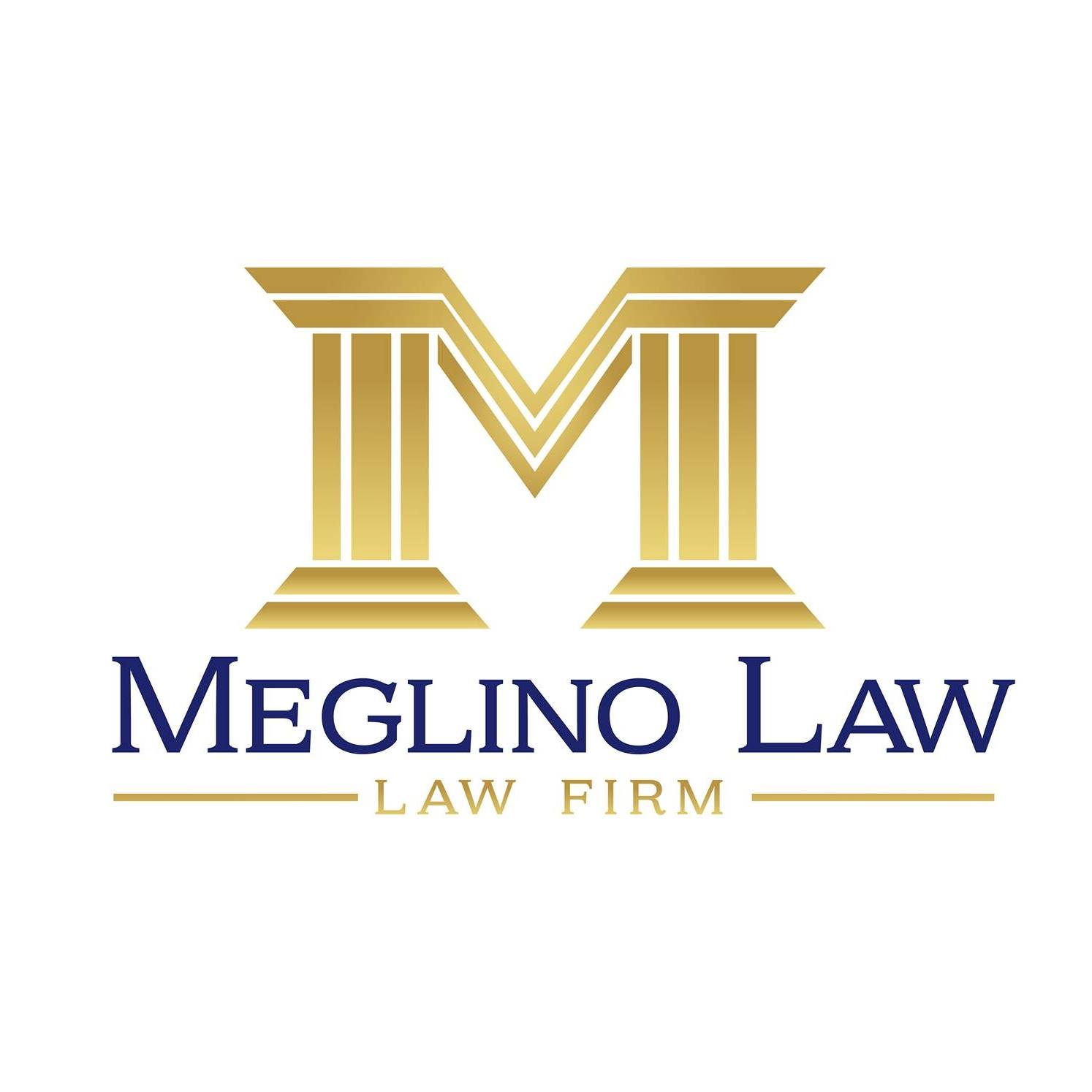Background checks are a very important part of the hiring process. They help safeguard the integrity of your company as well as the safety of your employees. Check out the tips below to ensure that your background checks are in compliance with the law.
- Be Broad and Thorough: It is important to be broad in your background check. You should consider checking their education, employment, social media, criminal history, driving record, etc. Considering whether or not to hire an employee solely based on their criminal record may cause you to be the target of an EEOC investigation.
- Follow the Law: You must be sure to follow the state, federal, local, and job-specific laws when conducting a background check on a potential employee to ensure that your check is lawful. You should also make sure that you are up to date with the laws with regard to background checks as these laws can change.
- Be Consistent and Apply Equally: Have a consistent policy on how you conduct background checks and make sure you always follow it in order to avoid any charges of discrimination against you. It is illegal to check the background of applicants and employees when that decision is based on a person’s race, national origin, color, sex, religion, disability, genetic information (including family medical history), or age (40 or older).
- Communicate Effectively: Give the potential employee a chance to explain and clear up any mistakes or misunderstandings that may have come up during their background check. This can save you from excluding an employee who may have otherwise been an excellent candidate.
- Use a Consumer Reporting Agency (CRA): It is highly recommended that you hire a professional agency in conducting background checks for your company because they are able to locate more information than you can, they are more experienced, and they can prevent you from viewing information that may violate the law.
- Use Background Check Services That Are FCRA Compliant: The FCRA applies to all employment backgrounds checks conducted by a third party, whether they include a credit report or not. This document helps explain what you can and cannot do when conducting background checks: https://www.consumer.ftc.gov/articles/pdf-0096-fair-credit-reporting-act.pdf
- Here Are SomeEEOC Requirements: Background Checks What Employers Need to Know
- Obtain Consent:Before you get a background screening report on a prospective employee, you must disclose to that individual that you intend to get the report, and you must obtain their written consent.
- Keeping/Disposing the Information: All records must be kept for at least one year after the records were made or after a personnel action was taken, whichever comes later. This is to ensure that you have the records in the event that the potential employee files a discrimination claim against you with the EEOC. Once the time has passed, you may shred or destroy the documents and dispose of them electronically so that no one can have access to them.

